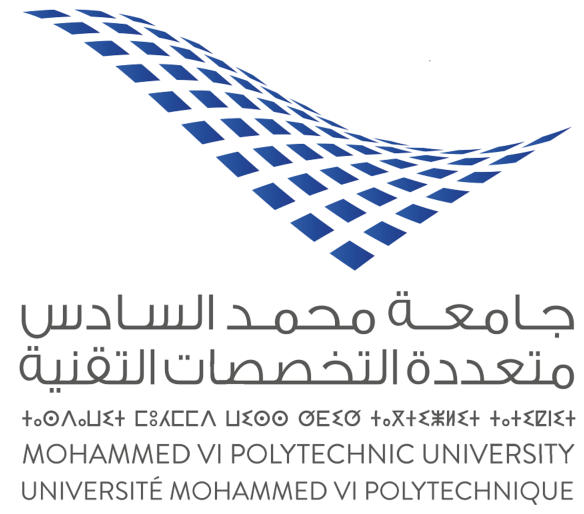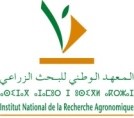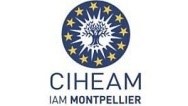![]()

![]()



![]()

![]()
International training course for the Design of Resilient Farming Systems in face of climate change in Dry Regions.
IAV-Hassan II- Morocco
12-15 November, 2018.
Context: As part of the SemiArid project funded by ERANET ArimNet2 (2017-2020), a group of lecturer-researchers from different Mediterranean institutions wish to set up a short international training course dedicated to the design of resilient and sustainable farming systems in the dry and arid areas. This training course follows several doctoral programs initially organised within the SEAMLESS project (2005-2010), then as part of the global FSD network (Farming System Design), which have trained more than a hundred international doctoral students. Until now, these courses aimed to prepare young scientists for the analysis and assessment of the sustainability of farming systems thanks to integrated approaches. The « SEMIARID » training course will focus on farming system design in dry regions (climate variability) in the context of climate change and food/nutritional security (referred to as « Climate-smart agriculture »). In its applications it will emphasize the role of diversities (intra-field, intra-farm and across-farms) in the efficiency and resilience of agricultural systems. It therefore falls within several national and international priorities programme of most dryland countries: « Feeding » and « Protecting ».
Participants: This training course aims for the participation of 25-30 doctoral or post-doctoral students and young researchers of different nationalities, mostly from northern and southern Mediterranean countries, whose research studies deal with farming system design and modelling, within a context characterised by harsh and uncertain climatic conditions and limited resource access (water, land, labour, etc.). This course should also allow participation of professionals and agricultural advisory from technical centres and cooperatives to discuss, based on the integrated approach and precooked scenarios, different innovative production options and their associated incentives for more resilient systems.
This course will be conjointly organized by the SEMIARID project partners: UMR-System, UMR Innovation (Montpellier SupAgro, INRA-France, CIRAD, CIHEAM-IAMM), IAV-Hassan-II-Morocco, ENSA-Algeria, INRA-Morocco, an international research centre of the CGIAR (ICARDA), which contributes through staff-time and direct support to trainees, and University of Mohammed VI Polytechnic-Benguerir and the Office Chérifien des Phosphates (OCP-Morocco) by sponsoring the participation of north Africa and Sub-Saharan PhD students.
Objectives: The training course seeks to prepare for methodologies of systemic analysis that make it possible to integrate different levels (plot, farm, region) into the design and multi-criteria assessment of resilient farming systems taking into account diversities at multiple scales. It specifically aims to:
1- Simulate and discuss the production and resilience of different ecosystem services (e.g., food production, land management, water resources…), and their trade-offs, with the help of biophysical modelling, using diversified cropping systems in terms of crops grown, rotations, crop combinations (including different annual and perennial crops and their spatial layout), in relation to resource management (water, nitrogen…). Various crop models will be used during the study, with an emphasis on simple models compatible with the data that participants may easily access (notably SSM, Soltani & Sinclair, 2012 ; BISWAT, Bertrand et al., in press).
2- Simulate and discuss the integration and adoption of cropping systems that encourage diversity, using bioeconomic modelling (e.g. DHABSIM, Komarek et al., 2017) and typologies for up and down-scaling, taking into account the expectations of the different stakeholders of the areas and sectors concerned.
Organization: The training course will include two phases:
1. An initial period of distance learning (equivalent to 10 hours) for the core modules, using the teaching materials developed within the FSD, EMSACS and ModelEco projects (2015-2018, funded by the Labex Agro).
2. The second stage will take place on-site (over a period of 4 days) at IAV-Hassan II in Morocco. It will offer in-depth lectures and practical exercises, which will encourage the use of conceptual and digital modelling. Moreover, it will give the opportunity for participants to discuss different options targeting the promotion of options for enhancing farming system resilience to face climate change and market uncertainty. A specific day (day 4, for more details see course programme) will allow for interactions between the trainees and Moroccan professional of the agricultural sectors to discuss the potential of the approach as decision aid tool.
- Enseignant: Helene Marrou
- Enseignant: Jacques Wery
